Introduction to European Balers
European balers represent a specialized category of equipment designed for compacting and binding various materials into bales for easier handling, transportation, and storage. These machines are integral to various industries, including recycling, agriculture, and manufacturing, offering solutions to manage waste and raw materials effectively.
Types and Applications
The diversity of European balers is evident in their applications, ranging from agricultural settings for hay and straw baling to industrial environments for compressing recyclable materials like paper, plastic, and metals. The types include vertical and horizontal balers, each serving distinct volume and space requirements. Their versatility extends to different sectors, such as manufacturing plants, printing shops, and retail businesses, showcasing their adaptability to various operational scales.
Features and Materials
European balers are engineered with a focus on durability and efficiency. Constructed from robust materials, these balers are designed to withstand the rigors of heavy-duty use. Key components typically include a motor, a programmable logic controller (PLC), and sometimes an engine, all working in unison to deliver consistent performance. The choice of materials and components ensures that these machines can handle a wide range of baling tasks with reliability.
Advantages of European Balers
The advantages of using a European baler are multifaceted. They provide an eco-friendly solution to waste management by reducing the volume of waste materials, thus minimizing the environmental footprint. Additionally, they enhance operational efficiency by streamlining the waste handling process, which can contribute to cost savings in terms of labor and waste disposal.
Selection Considerations
When selecting a European baler, potential buyers should consider the machine's capacity, the size of the bales produced, and the specific material types they intend to bale. It's also important to assess the space available for the baler, as well as the logistical aspects of transporting the baled materials. Understanding these factors can guide buyers in choosing the most suitable baler for their needs.
Global Availability
The availability of European balers spans across continents, with options to source from various countries including the United States, Vietnam, and Indonesia. This global reach ensures that buyers can find a baler that meets their regional operational requirements and compliance standards.



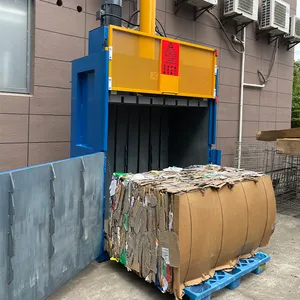










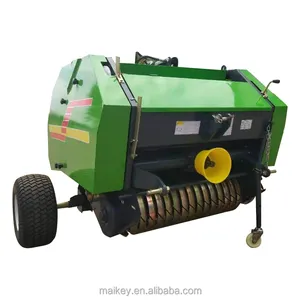



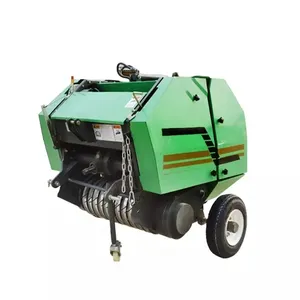
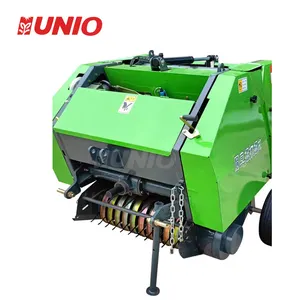


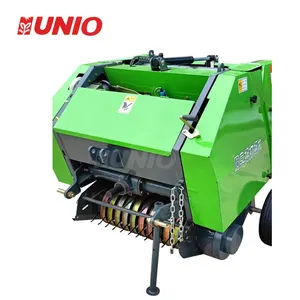
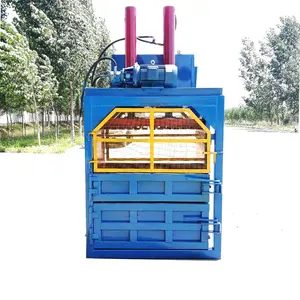

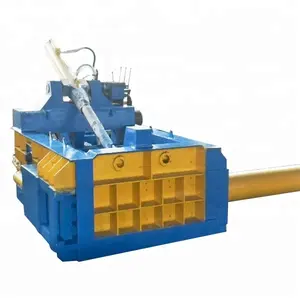
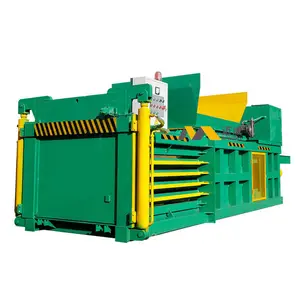




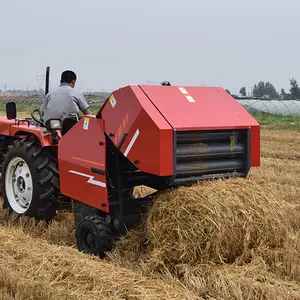







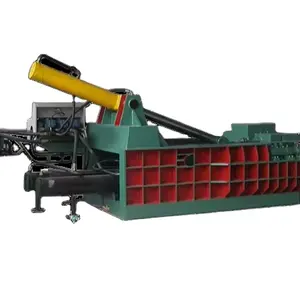








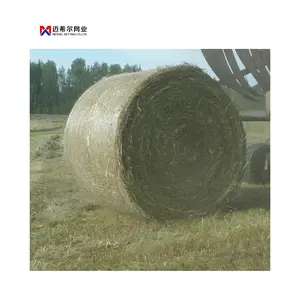

























 浙公网安备 33010002000092号
浙公网安备 33010002000092号 浙B2-20120091-4
浙B2-20120091-4